There have been recent talks that the weaponization of the U.S. dollar could lessen its dominance as the world’s reserve currency. However, an economist believes that the greenback’ status faces no threat from either crypto such as Bitcoin (BTC) or from other fiat currencies such as China’s renminbi.
Western sanctions against Russia for its invasion of Ukraine hold power because they are based on restricting access to the U.S. dollar, according to Business Insider. Others warn that weaponizing the dollar could erode its global dominance, making it possible for other options such as the renminbi or cryptos like Bitcoin (BTC) to challenge its global reserve currency status.
However, Kroll Institute's chief economist Megan Greene argued that it won’t lose its status even if its dominance is now being questioned due to the sanctions against Russia. “There is a certain logic to that, but the reality is the dollar can't be avoided and it will remain the dominant currency in trading and transactions,” Green wrote in a Financial Times op-ed.
The greenback is unlikely to be threatened even as central banks worldwide continue diversifying their reserves. Green pointed out that while the U.S. dollar’s share in foreign exchange reserves has fallen 12 percent in two decades, it is still around three times the share of the euro.
In March, Credit Suisse's global head of short-term interest strategy Zoltan Pozsar said that Russia’s invasion of Ukraine could end up in a weaker Eurodollar system and a stronger renminbi. This could happen as the People's Bank of China (PBOC) can either sell Treasury bonds to buy Russian commodities or print renminbi to buy them, with both scenarios resulting in higher yields and higher inflation in the West.
“When this crisis (and war) is over, the U.S. dollar should be much weaker and, on the flipside, the renminbi much stronger, backed by a basket of commodities,” the strategist said. “After this war is over, ‘money’ will never be the same again… and Bitcoin (if it still exists then) will probably benefit from all this.”
However, Green believes it won’t likely happen. “It would be difficult for China and Russia to transact just in roubles and renminbi,” she opined. “The Chinese currency isn't convertible outside the country. And what would China do with rubles?... Alternatively, it could print the money, but this would generate inflation at a time when the Communist Party is trying to stabilize economic growth.”
Green also believes that cryptocurrencies such as Bitcoin won’t be replacing the greenback anytime soon. She said that using digital wallets is “cumbersome and still can't be used to buy groceries or pay taxes, let alone a tanker full of oil.”





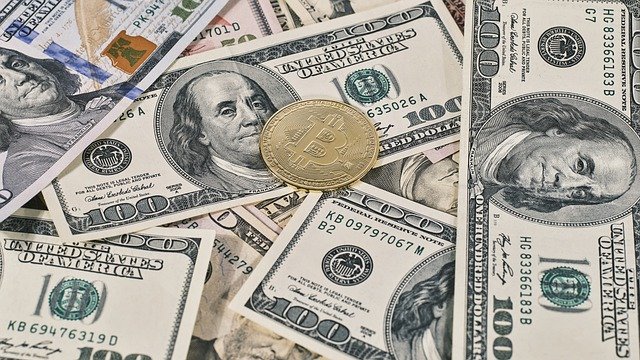
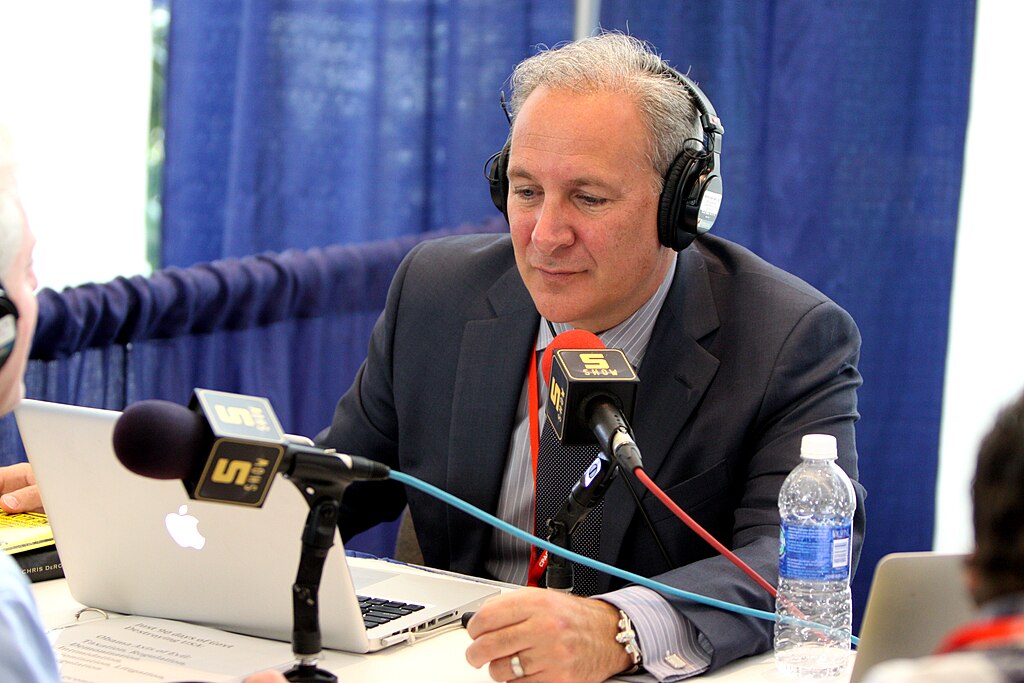





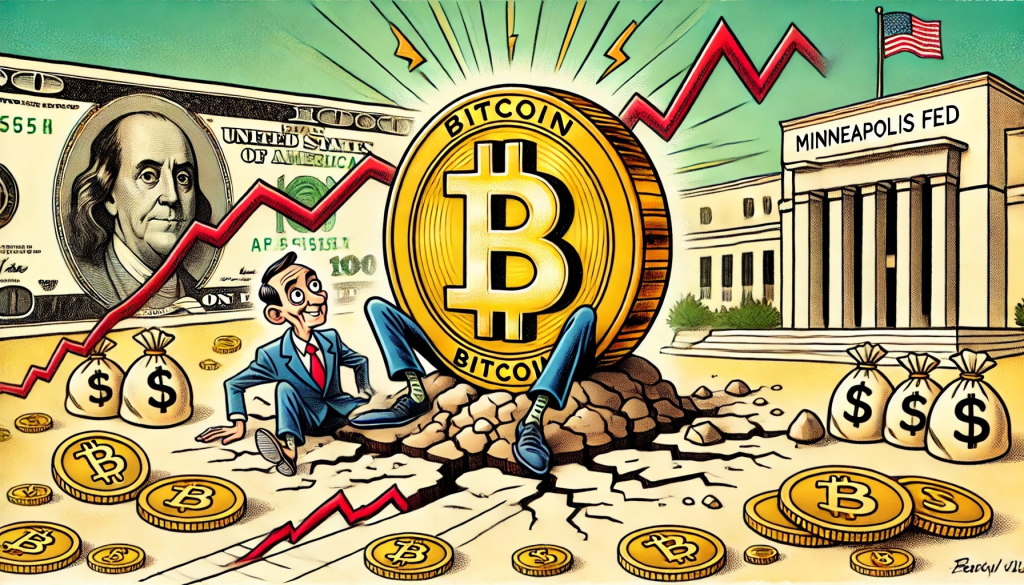







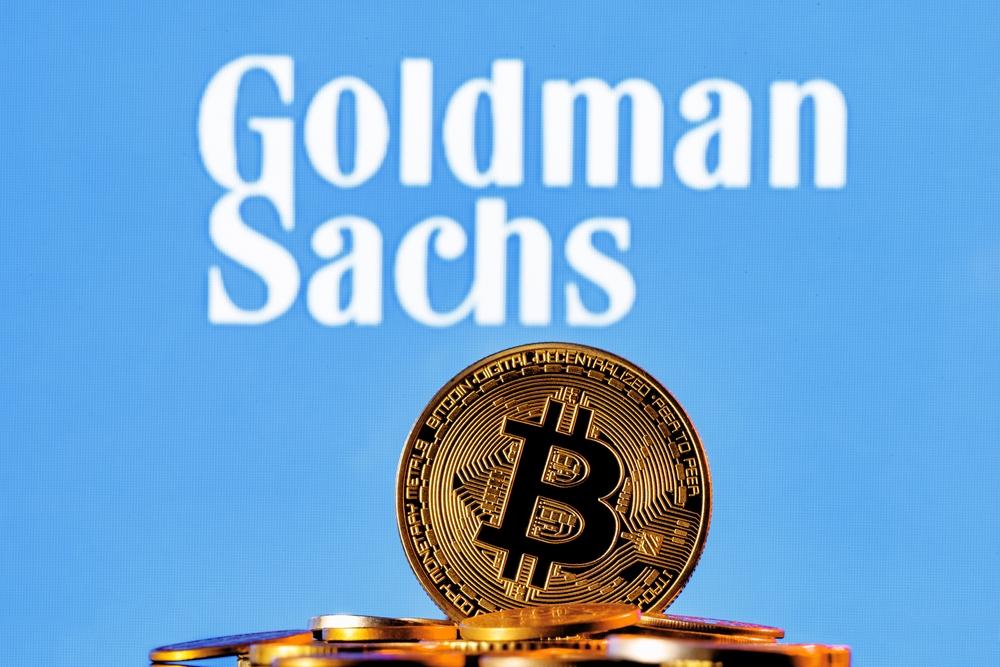

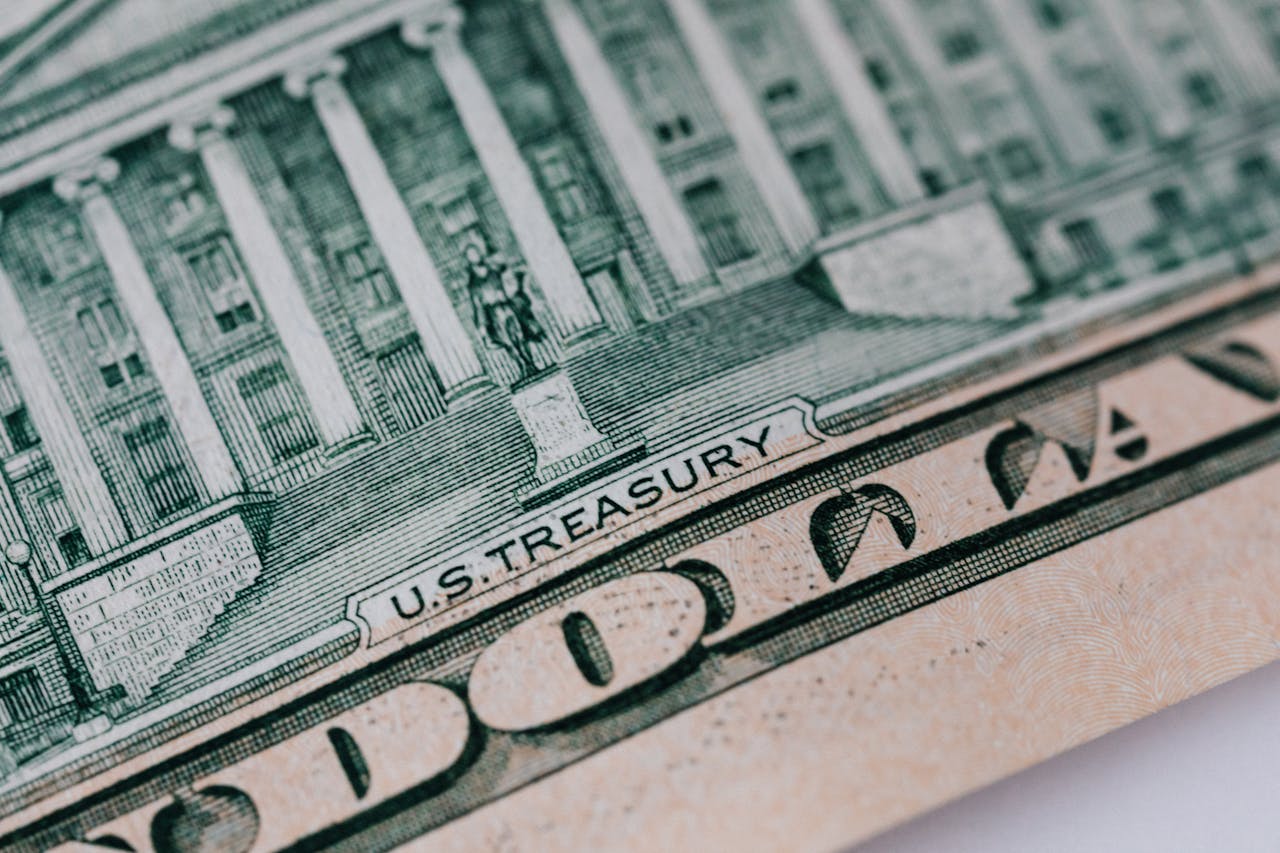
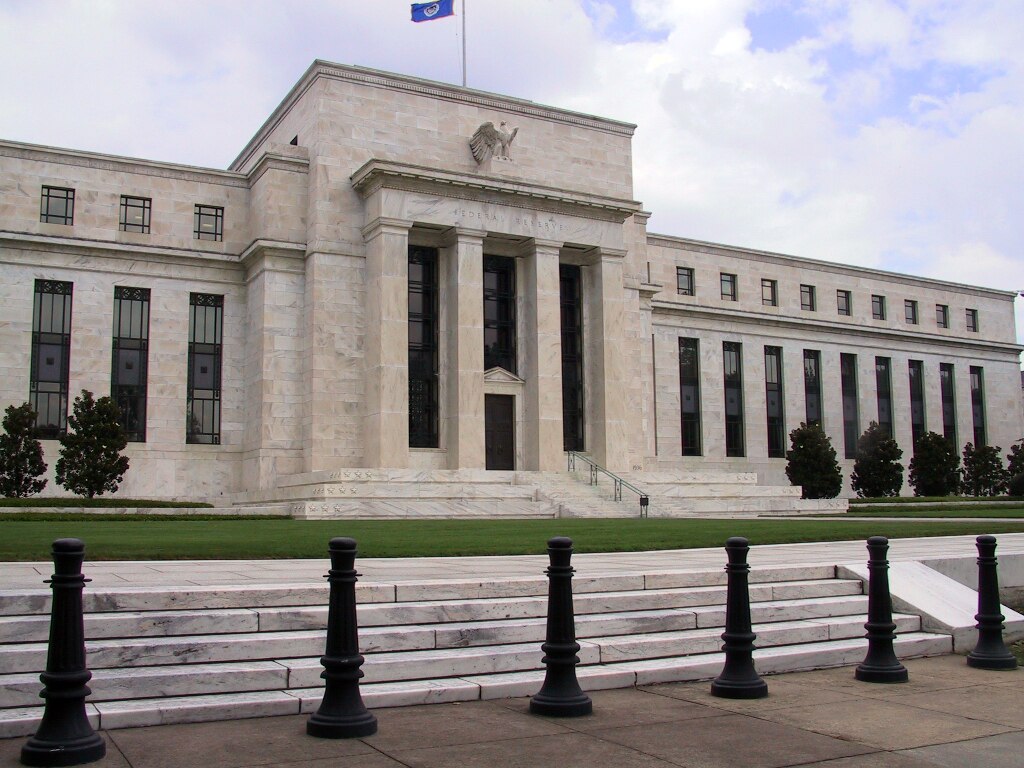


Comment 29